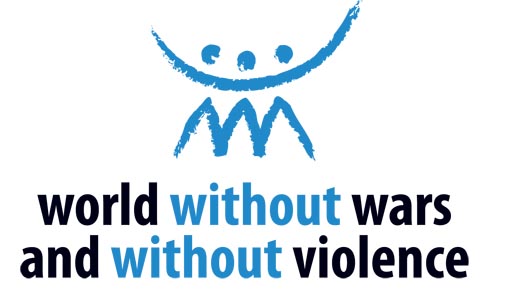This Workshop can be carried out by any group and it not only improves self-esteem but also interpersonal relationships at work, study, home, political activism or any other environment.
It is common for human relationships to be based on criticism, since the prevailing system is based on competition. It is not only common but even expected that people will put each other down in order not to be left behind. In this way we all fear what others think of us and our positive qualities go unrecognised. This contributes to the sense of dehumanisation and isolation created by our environment. It lowers our self-esteem, and we have already seen how important this is to improve our activities. If there is no trust between people, working together or living together in communities becomes a rather unpleasant experience.
In this exercise we will learn to focus on our and other people’s positive characteristics in order to improve our communication and sense of solidarity towards others.
1. Each participant writes down a list of their own best qualities
2. Write down the list of the positive qualities that the other members of the group tell you about, (the group takes each participant one by one and gives them a number of virtues they see in each person, never criticism)
3. or, if people do not know one another, write down what family and friends have told you are your positive qualities whether you believe them or not.
4. Each person compares the list they wrote about themselves with the qualities that others see in them and makes comments to the group. Try to remember how you feel when you are treated by others on the basis of criticism or on the basis of your virtues and compare registers.
5. Write down a list of people you know in the table, according to the headings and list their virtues.
6. Write down a couple of projects you are interested in focusing on your virtues. Choose which of your virtues you can support yourself with to develop these projects. (Break into groups to interchange).
7. Plan for the week to pay attention to and acknowledge the positive qualities of those you meet in your daily activities and family, friends, etc.
List of virtues in people around me | |
Family. (each member) | |
Work/Study. (each) | |
Friends. (each) | |
Partner/others |

No comments:
Post a Comment